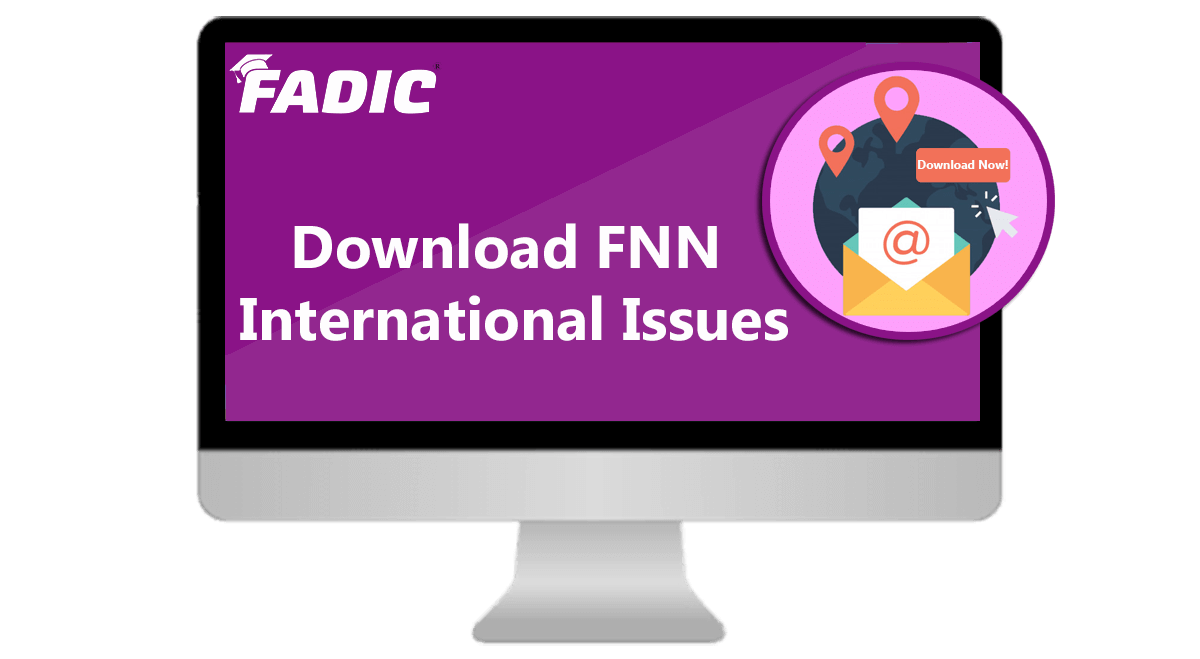1- Monday Infectious Disease News – 29th November
1 – Effectiveness of public health measures in reducing the incidence of covid-19, SARS-CoV-2 transmission, and covid-19 mortality: systematic review and meta-analysis
- This study aims to review the evidence on the effectiveness of public health measures in reducing the incidence of covid-19, SARS-CoV-2 transmission, and covid-19 mortality.
- The main outcome measure was incidence of covid-19.
- Secondary outcomes included SARS-CoV-2 transmission and covid-19 mortality.
- This systematic review and meta-analysis suggests that several personal protective and social measures, including handwashing, mask wearing, and physical distancing are associated with reductions in the incidence covid-19.
- Public health efforts to implement public health measures should consider community health and sociocultural needs, and future research is needed to better understand the effectiveness of public health measures in the context of covid-19 vaccination.
Source: The BMJ
2 – Predicted norovirus resurgence in 2021–2022 due to the relaxation of nonpharmaceutical interventions associated with COVID-19 restrictions in England: a mathematical modeling study
- To reduce the coronavirus disease burden in England, along with many other countries, the government implemented a package of non-pharmaceutical interventions (NPIs) that have also impacted other transmissible infectious diseases such as norovirus.
- It is unclear what future norovirus disease incidence is likely to look like upon lifting these restrictions.
- Here they use a mathematical model of norovirus fitted to community incidence data in England to project forward expected incidence based on contact surveys that have been collected throughout 2020–2021.
- Continued national surveillance for endemic diseases such as norovirus will be essential after NPIs are lifted to allow healthcare services to adequately prepare for a potential increase in cases and hospital pressures beyond what is typically experienced.
Source: BMC
3 – Safety, reactogenicity, and immunogenicity of homologous and heterologous prime-boost immunisation with ChAdOx1 nCoV-19 and BNT162b2: a prospective cohort study
- Heterologous vaccine regimens have been widely discussed as a way to mitigate intermittent supply shortages and to improve immunogenicity and safety of COVID-19 vaccines.
- This study aimed to assess the reactogenicity and immunogenicity of heterologous immunisations with ChAdOx1 nCov-19 (AstraZeneca, Cambridge, UK) and BNT162b2 (Pfizer-BioNtech, Mainz, Germany) compared with homologous BNT162b2 and ChAdOx1 nCov-19 immunisation.
- The heterologous ChAdOx1 nCov-19–BNT162b2 immunisation with 10–12-week interval, recommended in Germany, is well tolerated and improves immunogenicity compared with homologous ChAdOx1 nCov-19 vaccination with 10–12-week interval and BNT162b2 vaccination with 3-week interval.
- Heterologous prime-boost immunisation strategies for COVID-19 might be generally applicable.
Source: The Lancet
4- Physical, cognitive, and mental health impacts of COVID-19 after hospitalisation (PHOSP-COVID): a UK multicentre, prospective cohort study
- The impact of COVID-19 on physical and mental health and employment after hospitalisation with acute disease is not well understood.
- The aim of this study was to determine the effects of COVID-19-related hospitalisation on health and employment, to identify factors associated with recovery, and to describe recovery phenotypes.
- They identified factors related to not recovering after hospital admission with COVID-19 at 6 months after discharge (eg, female sex, middle age, two or more comorbidities, and more acute severe illness), and four different recovery phenotypes.
- The severity of physical and mental health impairments were closely related, whereas cognitive health impairments were independent.
- In clinical care, a proactive approach is needed across the acute severity spectrum, with interdisciplinary working, wide access to COVID-19 holistic clinical services, and the potential to stratify care.
Source: The Lancet
5 – Safety and efficacy of itepekimab in patients with moderate-to-severe COPD: a genetic association study and randomised, double-blind, phase 2a trial
- Genetic data implicate IL-33 in asthma susceptibility.
- Itepekimab, a monoclonal antibody targeting IL-33, demonstrated clinical activity in asthma, with potential in chronic obstructive pulmonary disease (COPD).
- In this study we first aimed to test the hypothesis that genetic variants in the IL-33 pathway were also associated with COPD.
- On the basis of the strong association of IL-33 pathway genes with pulmonary diseases like asthma and COPD, they conducted this phase 2a trial to assess the safety and efficacy of itepekimab in patients with moderate-to-severe COPD on a stable regimen of triple-inhaled or double-inhaled background maintenance therapy.
Source: The Lancet
6 – Covid-19: AstraZeneca says its antibody drug AZD7442 is effective for preventing and reducing severe illness
- AstraZeneca’s antibody treatment AZD7442 reduces the risk of developing symptomatic covid-19 when it is taken as a preventive measure, the company has said, and also reduces the risk of severe illness and death when taken shortly after symptoms start.
- The drug is currently being tested in two separate trials, which reported that when taken as a prophylactic AZD7442 reduced the risk of symptomatic covid-19 by 83% and when taken three days after symptom onset it cut the risk of severe illness or death by 88%.
- In both trials the antibody combination was generally well tolerated, with no new safety issues identified in the six month analysis of the prevention trial.
Source: BMJ

- Read more from FADIC Blog, with many articles with evidence based articles.
- Learn More Through FADIC® – Online Programs & Mini-Courses.
- Listen Now to FADIC Podcast focusing on varieties of pharmacist perspectives in specialties.
- Read More Now about FADIC Pharmacy Events to get more Experience.
Course Copyrights:
All Courses is meant for SINGLE user use only.
If more than one person acceced this course, they will be BLOCKED Forever.
FeedBack
FADIC 2021 Antimicrobial Resistance FNN News
Directed By/ Rasha Abdelsalam
FADIC Pharmacy’s Daily Newspaper works like this:
- Each business morning, you receive an email message with the text of that day’s FNN.
- The message has a link to a PDF file that can be viewed or printed format.
- Issues for the past reports.
Each and every business day, things change!!
- More articles are published
- New drugs are approved
- Research is presented at medical meetings, policy decisions affecting practice are debated and confirmed.
By subscribing to the FADIC 2020 Pharmacotherapy Daily News (FNN), a daily publication of the Daily News Network “FNN” will be sent to your Email.
📑 Sample of Monthly Newsletter 📥
You can keep up with what’s important
- You need not to be disturbed with many newsletters crowding your email inbox about everything.
- FADIC FNN’s provides you with each business day with a morning email summary of developments in all the areas critical to your clinical practice
FADIC 2021 Antimicrobial Resistance E-News (FNN) Daily Emails Contain:
- Just-published articles in the biomedical literature
- Emphasis on the FOUR weekly major important medical journals such as “Lancet, BMJ, JAMA, and NEJM”
- In addition to the two internal medicine journals as“Annals and JAMA Internal Medicine”
- Finally, the leading journals in medical speciality areas such as: “IDSA, JACCP, Annals of Pharmacotherapy, and others”.
- News briefs covering newly approved drugs, warnings and recalls announced by FDA, Saudi FDA, research at medical meetings.
- Lastly, other important news from International Organizations such as “CDC, WHO, and others”.
Why FADIC 2021 Antimicrobial Resistance E-News (FNN) Daily Emails?
- It helps to keep up with the literature!
- Provide you with the Updated with the latest in your clinical practice. Wherever you are, and Whenever you need!
- Help you to share in the advance in clinical career. In addition to adding an impressive image to the pharmacists all-around!
Subscribe to FADIC 2020 Antimicrobial Resistance E-News (FNN), for daily publication of Daily News
Read & Download FNN Issue 8 of April 2020 FNN News
With FADIC 2020 Antimicrobial Resistance E-News (FNN), you Will …

Receive email notification everyday morning
As we all know, the world of clinical research is changing constantly. All medical news, clinical guidelines, and updates become available in your daily medical news issue.
You can read & download news every day
You can access your daily medical everyday morning, once you receive the email notification in the morning, and entre the website, and download your news issue.
You can print your daily news for work
You will receive your FNN daily medical news from international journals, and you can print it and share the latest journal club in your
The full-Text source will be available for you
If you need to know any further details or full-teat for any news, you can open the corresponding links that support you with further details.
You’ll Also Get These Awesome Bonuses…
Bonus #1. Download monthly FNN international issues (Value 300$)
As well as the daily news, there will be a monthly issue with the most important news all over the month, that will help you to stay updated, you can download it and print.
Bonus #2. Your FNN website account support (200$ Value)
You will have your own account in FNN Medical news, in FADIC website, that enables you to follow up on all the previous or missed issues, and read them to catch up on any missed news and download all of them.
Subscribe NOW in FNN – Special Offers for Group and Organisational Subscription
Course Copyrights:
All Courses is meant for SINGLE user use only.
If more than one person acceced this course, they will be BLOCKED Forever.

 Log in
Log in Sign up
Sign up



